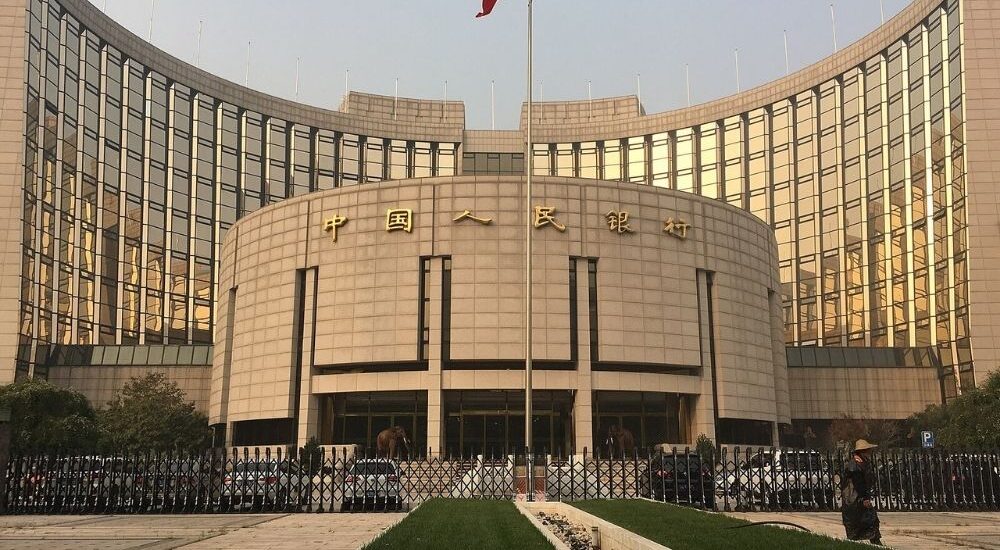China’s possible mortgage rate cuts not expected to be enough to drive growth
- August 30, 2023
- Posted by: Quatro Strategies
- Categories: Business & Politics, China, Sanctions & Regulation

China’s anticipated cut rates on existing mortgages has been met with mixed reactions from economists, who believe it is a concrete step to stimulate the country’s flagging economy but may not be sufficient on its own to drive significant growth. This move, directed by the Chinese government and involving the nation’s largest lenders, is part of Beijing’s broader efforts to encourage consumer spending, invigorate the stock market, and alleviate pressure on bank profit margins as the country’s economy faces challenges.
The mortgage rate reductions are expected to have a far-reaching impact, potentially affecting most of China’s outstanding mortgages, which are valued at a staggering 38.6 trillion yuan ($5.3 trillion). Economists estimate that this action could elevate household purchasing power and potentially contribute to a growth rate increase of 0.1% to 0.2% in the gross domestic product (GDP). Their analysis equates this easing to a policy interest rate cut of about five to ten basis points.
However, experts caution that while this move is significant, it might not be a game-changer on its own. It is suggested that despite the rate reduction, consumer confidence in China remains low, and a more substantial impact might require additional policy measures.
The primary focus of these mortgage rate cuts is anticipated to be on loans for first homes. Regulators are expected to avoid significant cuts that might create a large gap between the rates for first-time homebuyers and those for individuals owning multiple properties. Regulators may want to balance the interests of developers, homebuyers, and financial institutions, thus mitigating the extent of the cuts.
Despite the potential boost to consumer spending, economists are uncertain whether consumers will indeed spend the savings gained from lower mortgage payments. Some estimates suggest that the cut in rates would translate to less than 0.2% of GDP in income support to households. It is pointed out that given the ongoing challenges in China’s property market and persistent economic distress, a property market recovery might not be imminent.
Additionally, major Chinese lenders are expected to follow these mortgage rate cuts with deposit rate reductions. These actions are intended to alleviate costs for state-owned banks and protect their profit margins, potentially enabling them to lower their lending rates over time. However, economists also highlight that this might have an impact on banks’ interest margins.
While this action is seen as a positive step, analysts believe that more policy measures are likely to follow. Economists anticipate that the People’s Bank of China might further reduce the rate on its one-year policy loans by another 10 basis points by the end of the fourth quarter. The expectations for a reduction in the reserve requirement ratio are also high, as local governments rush to utilize their quota of new special bonds for infrastructure investment financing.
In conclusion, while the mortgage rate cuts represent a significant move to stimulate China’s economy, there is recognition that they might need to be accompanied by other measures to have a substantial impact. The effectiveness of the rate cuts might be influenced by factors such as consumer confidence, ongoing challenges in the property market, and the broader economic outlook.
Interested in learning more?
Sign up for Top Insights Today

Top Insights Today delivers the latest insights straight to your inbox.
You will get daily industry insights on
Oil & Gas, Rare Earths & Commodities, Mining & Metals, EVs & Battery Technology, ESG & Renewable Energy, AI & Semiconductors, Aerospace & Defense, Sanctions & Regulation, Business & Politics.


